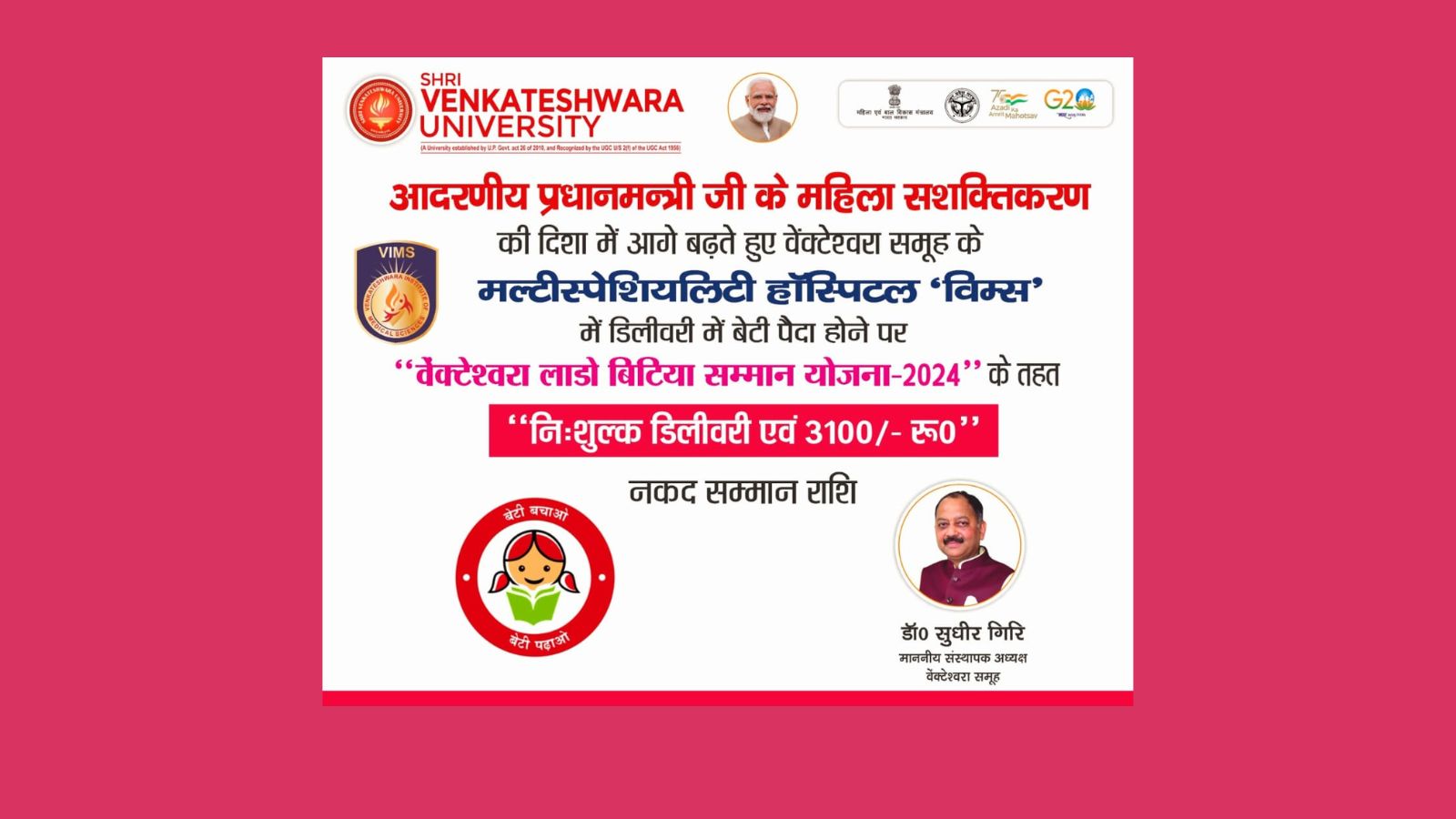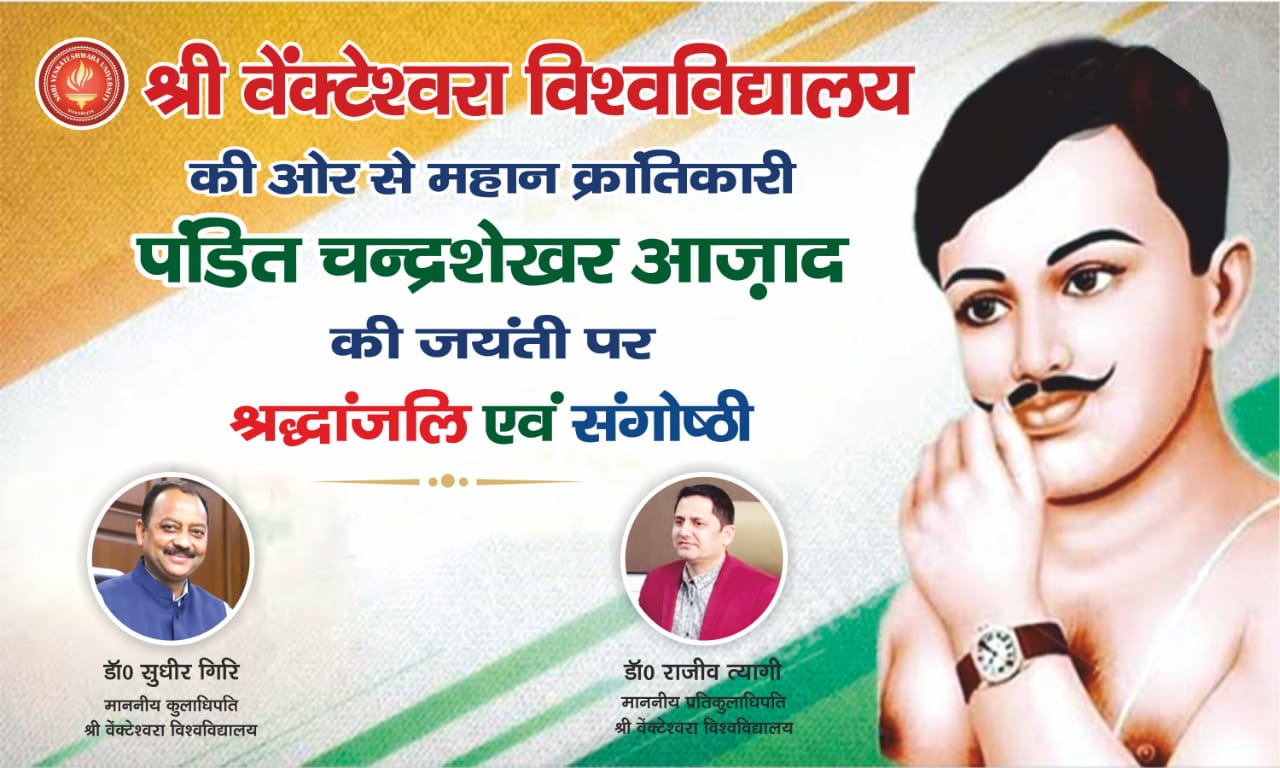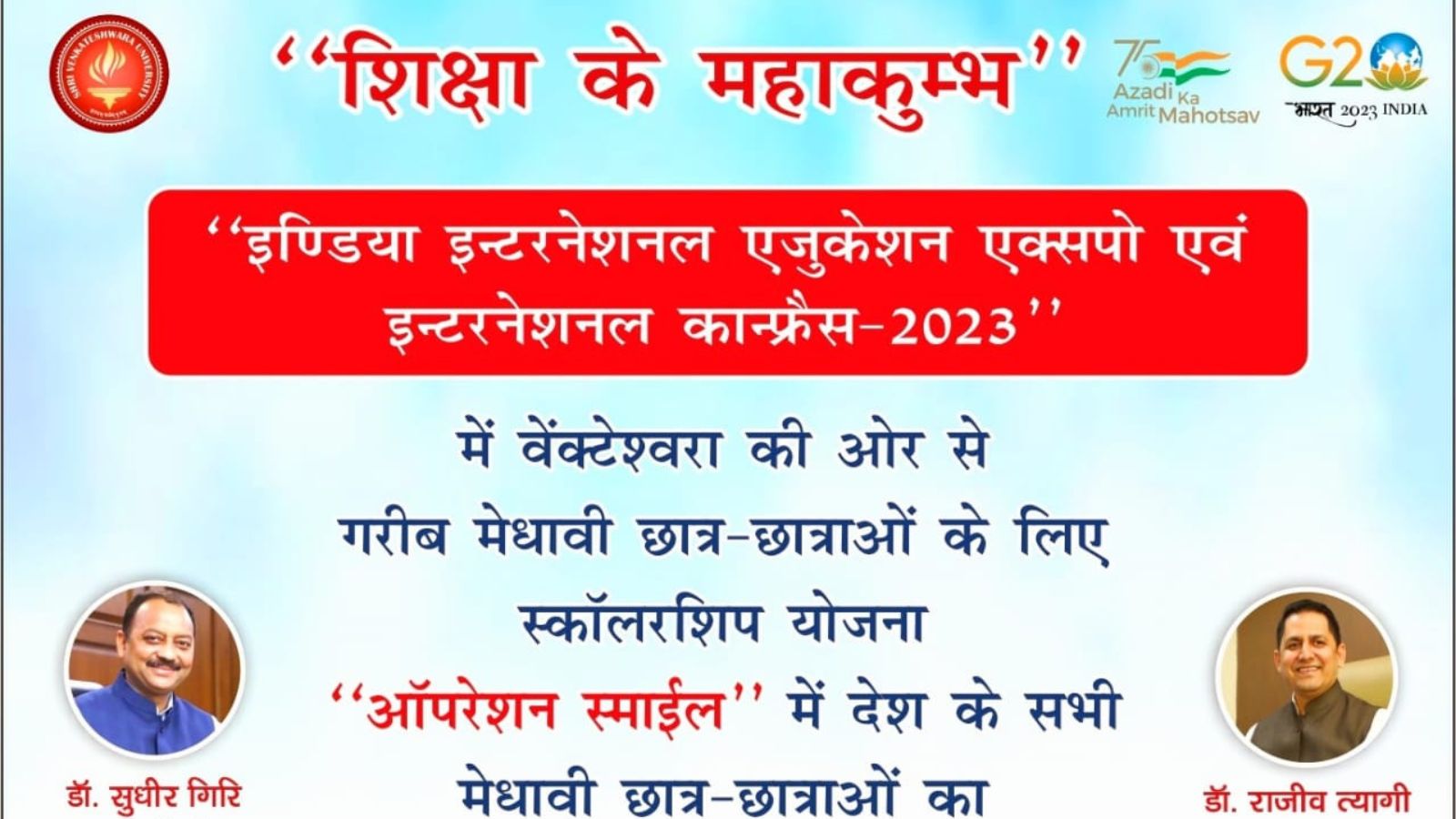Agriculture courses after 12th

The most popular agriculture courses after 12th are BSc Agriculture & BSc Horticulture which are of 4 years duration comprising 8 semesters.
HEIs should encourage youngsters to pursue agriculture courses after 12th so that we have competent professionals to augment food production.
With rapid urbanization, farmlands are dwindling, leading to increased pressure for surplus food production.
This underlines the need for agriculture scientists who can develop pest resistant varieties that withstand climatic changes and give a bumper harvest.
Students can develop such technologies when they see a bright future after pursuing agriculture courses after 12th.
India, owing to its burgeoning population, should nurture agriculture scientists who innovate technologies that produce enough food not only for the nation but for the entire world.
The large number of central & state agriculture universities provide the perfect platform for agriculturists to apply their skill for the human good.
Our cities are concrete jungles with diminishing green spaces, forcing urbanites to head towards hills for green spaces. They reflect this lack of green space in their behaviour with people experiencing heightened stress levels leading to anxiety & BP.
One of the most popular agriculture courses after 12th is BSC Horticulture that prepares for horticulturists, landscape managers, Garden supervisors & many such roles.
In fact, we hear stories of people converting their terrace & balconies into garden nurseries because green spaces bring peace of mind.
In fact, agriculture is the future of mankind as recession is affecting every major economy of the world with the USA & Germany already in the race. AI will make jobs redundant, causing mass unemployment.
There will always be the demand for food because it is crucial for our survival.
People want to consume organic food, which presents tremendous opportunities for agropreuners to launch such products.
Agriculture courses after 12th how many years
Both BSc Agriculture & BSc Horticulture courses are of 4 years duration comprising 8 semesters. Candidates who have passed 12th with Science stream can also pursue BSC Industrial fish & fisheries course, which is of 3 years comprising 6 semesters.
India is predominantly an agrarian society where over 50% of the masses endure their livelihood through agriculture.
We should encourage Indian youths living in villages to employ scientific farming methods that give a bumper yield.
This will motivate others to follow them because dwindling landholdings coupled with harsh climate are affecting farmer’s income.
The future lies in Agriculture because global warming coupled with incessant wars has affected food grain production, forcing millions for starvation.
Agriculture courses eligibility after intermediate
BSc Agriculture – Candidates should have passed 10+2 examination with Agriculture or Science (PCM/PCB/PCMB/Biotechnology) with min 55% marks.
BSc Horticulture – Candidates should have passed 10+2 examination with Agriculture or Science (PCM/PCB/PCMB/Biotechnology) with min 55% marks.
Bachelor of Science (Industrial Fish & Fisheries) – Candidates should have done 12th Examination with Science.
Many Science students think that engineering & medical are the only options available to them after class 12th.
They are ignorant that GDP from Agriculture in India averaged 4532.49 INR Billion from 2011 until 2023, reaching an all-time high of 7004.72 INR Billion in the fourth quarter of 2022.
The above figures clearly highlight that agriculture is a major contributor to the country’s economy and a mass employer.
The agriculture scientists should apprise people about advanced farming techniques so that they discard traditional methods & adopt industrial farming. This will augment farmer’s income & motivate youngsters to adopt agriculture as a profession giving good income.
India, with its unique climate, grows both Rabi & Kharif crops along with various types of fruits & vegetables. In fact, our scientists have developed an apple variety that can grow in all climates, even in warmer places like Telangana.
These developments offer tremendous export potential for Agro pruners to tap virgin markets & grow their income.
India already exported food grains to many countries when the world is witnessing the Ukraine and Russia war that caused the food grain crisis.
The government is incentivizing the setting up of cold storages because a major part of the produce gets spoiled owing to poor storage facilities.
As India lacks adequate storage facilities, students who pursue agricultural courses after 12th can establish cold chains & achieve entrepreneurial ambitions.
Entrance exams to pursue agriculture courses after intermediate
Now you are confident that agriculture courses after 12th offer tremendous career prospects, hence there is a mad rush to enrol in these courses. Many Universities admit candidates based on their marks in the qualifying exam while many through entrance exams.
Some of the popular entrance exams are:
AGRICET
ICAR
CUET
OUAT Exam
MP Pre Agriculture Test (PAT) Exam
Jharkhand Combined Entrance Competitive Examination (JCECE) Exam
CG Pre Agriculture Test (PAT) Exam
Sri Konda Laxman Telangana State Horticultural University HORTICET Exam
Uttar Pradesh Combined Agricultural and Technology Entrance Test (UPCATET)
CMAFFU Admission Exam
Horticultural University Common Entrance Exam (HORTI CET) Exam
AP Engineering, Agriculture and Medical Common Entrance Test Exam (AP EAMCET)
TS Engineering, Agriculture and Medical Common Entrance Test (TS EAMCET)
Indira Gandhi Agricultural University (IGKV) CET Exam
Karnataka Common Entrance Test (KCET) Exam
MCAER Common Entrance Test (CET) Exam
Kerala Engineering, Architecture, Medical (KEAM) Entrance Exam
GB Pant University Admissions (GBPUAT) Exam
Rajasthan Joint Entrance Test (JET) Exam
Punjab Agricultural University (PAU) Entrance Exam
Agriculture courses after intermediate commerce
The basic eligibility to pursue agriculture is the 12th pass with Science or agriculture streams, hence commerce candidates can take the other way around.
Shri Venkateshwara University offers a one-year diploma in Agriculture Science to those who have passed the 10th grade, so they should not be disheartened.
This way, commerce students can enter the fascinating world of agriculture, which offers a sea of opportunities. They can become Agro pruners by establishing food processing units that have a good market globally.
Agriculture courses after intermediate arts
For arts students, the best way to pursue agriculture is to enrol in the Diploma in Agriculture course which they can do after passing class 10th.
Moreover, India’s unique climate is ideal for cultivating fruits, vegetables, and flowers, making agriculture a versatile field with abundant opportunities.
Further, the various Krishi Vigyan Kendra’s provide technical knowledge to grow crash crops that have a good earning potential.
The Nurseries mushrooming in cities show humans cannot live without greenery, prompting agriculturists to exploit this market.
Fees for agriculture courses after intermediate
For agriculture courses after 12th, the average annual fees is Rs 40000–60000. The fees vary based on whether it’s a Government institution receiving Grants or Private self-financing one dependent on its resources.
Public universities that provide agricultural courses have lower fees compared to Private universities that have higher fees.
Agriculture courses after intermediate salary
Agriculture graduates earn well because agriculture is the backbone of the Indian economy. 60% of our population depends directly or indirectly on agriculture. (ii) It provides raw materials to the industries. (iii) India earns foreign exchange by exporting agricultural products. (iv) It contributes about 29% to the Gross Domestic Product.
Government institutions like ICAR, IARI, central & state Agriculture universities hire Agriculturists & pay them 7th pay commission salaries.
The various research centers employ agriculture scientists and pay them well because they develop better varieties of food crops.
In India, the starting wage will range between Rs 4 and Rs 7 lakh per month. Apart from this, MNC’s offer lucrative packages because enhanced food production is vital for survival.
Career Prospects
Food is the basic necessity of life because it provides energy to perform daily tasks. In fact, with growing pollution, the demand for high fibre nutritious food is on the rise because people want to live a healthy life.
People want organic food devoid of chemicals because they experience higher level of pollution in cities. This has boosted the organic food market, prompting farmers to grow organic crops which have a good market.
Agriculture graduates can explore the food processing industry, as India is a major producer of fresh fruits & vegetables.
Packed snacks, chips & fruit juices offers tremendous opportunities for Agro pruners to launch their career.






